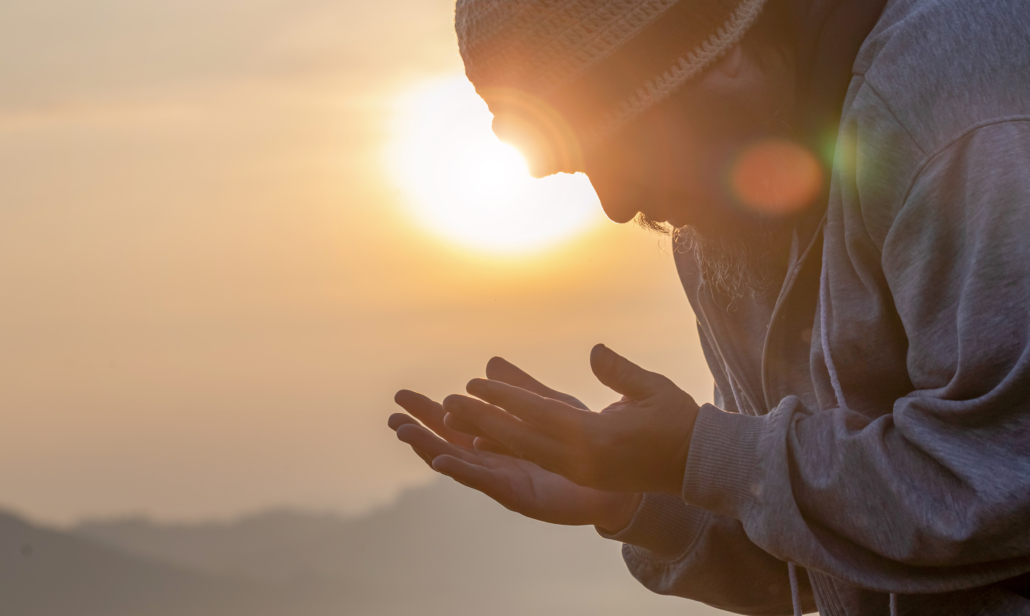The Power of Intention
I recently felt this way. I took some time to dig deep into myself and figure out what was going on. After some digging I was able to remember a simple practice that helped me fight my way back into the light and take control over my life and projects again. I’ve used this practice in the most challenging moments in my life and in extreme situations. I’ve used this practice in extreme wilderness situations and during panic attacks before going on stage to do stand up comedy. The practice is simple but it is easy to forget to do sometimes.
The practice is this: intention. Being intentional is about embodying who we want to be and making choices aligned with what we want now and in the future.
Being intentional is about acting, right now, for what we want. Being intentional is about letting go of complaints, excuses and unhealthy beliefs that we are not in control or have no power over the present moment and stepping into mature responsibility and creative action.
Here are a few reminders of ways you can leverage the practice of intention:
- Set daily intentions. Ask yourself what you want and who you want to be daily and take action. Learn from your mistakes and keep doing it.
- Take immediate and practical actions. Setting intentions is a waste of time if you don’t act on them. Intention bears fruit through consistent action. For example, if your intention is to be healthy do healthy things immediately including eating a good meal, going for a walk or the gym etc.
- Act now for the future you want. Our actions now also influence our future. If you have specific things you want in your future, how can you take action today to move closer to that reality?
- Surround yourself with people and situations with similar intentions. For example, if you want to be healthy, surround yourself with healthy people, spend time in gyms or places that embody that intention and it will strengthen your own practice.
- Be consistent. Whatever your intentions are you need to act on them consistently for things to change. Sometimes it will be easy, sometimes it will be hard but you need to practice anyway.
William



